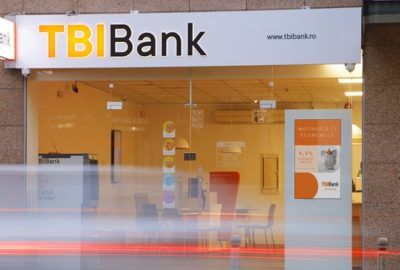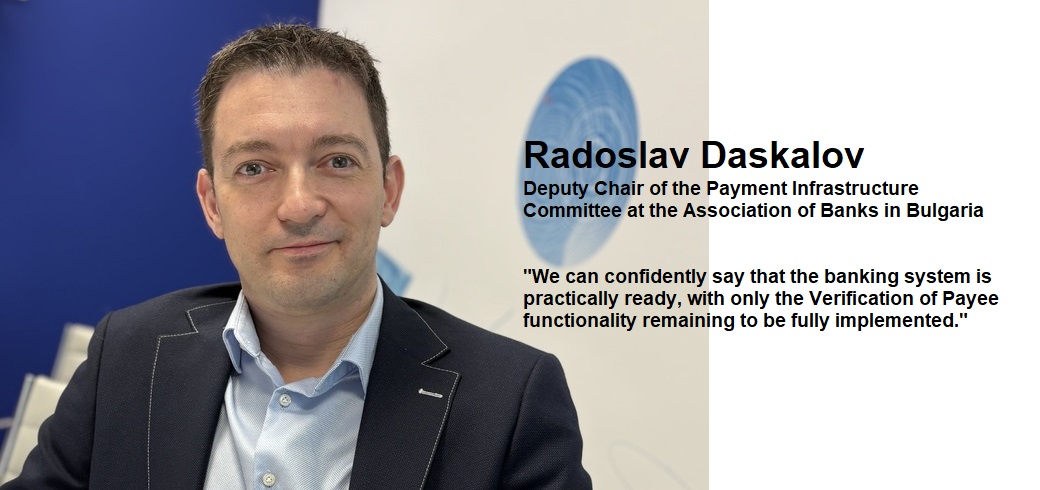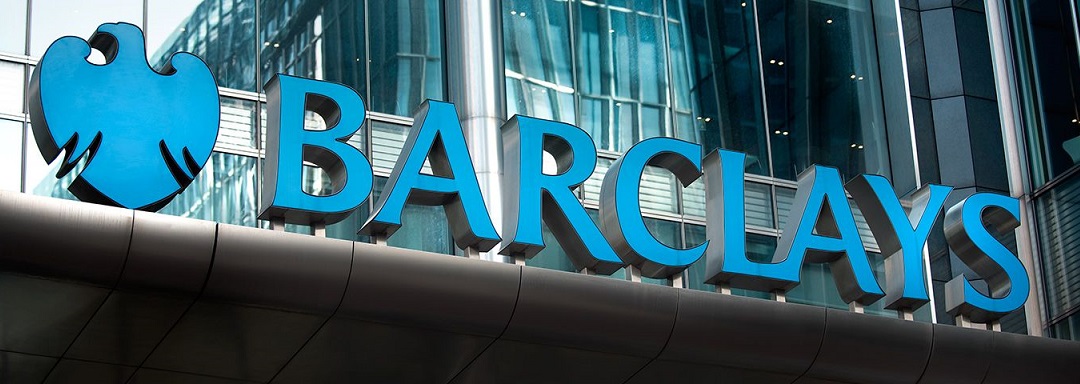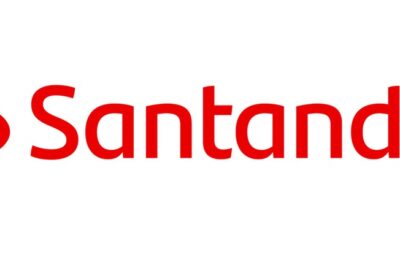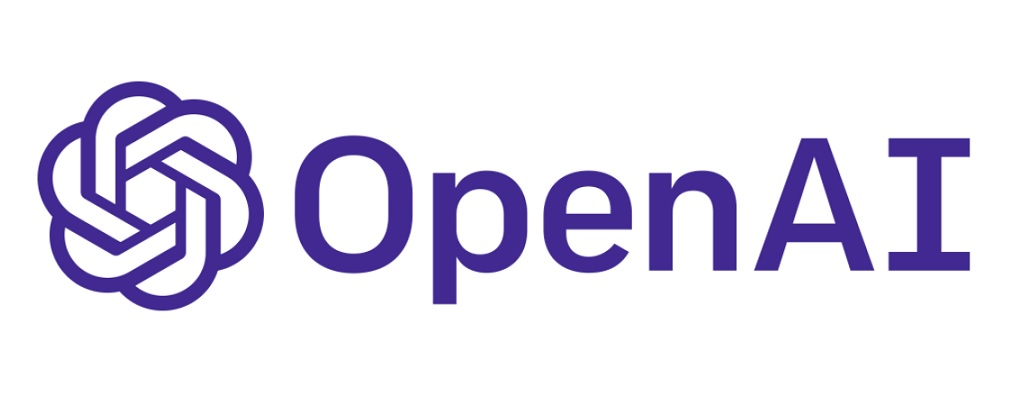China takes blockchain national

an article written by Nick Stockton
Next month, an alliance of Chinese government groups, banks, and technology companies will publicly launch the Blockchain-based Service Network (BSN). „It will be among the first blockchain networks to be built and maintained by a central government.”, according to SPECTRUM.
Think of it like an operating system, where participants can use existing blockchain programs, or build their own bespoke tools, without having to design a framework from the ground up.
The BSN’s proponents say it will reduce the costs of doing blockchain-based business by 80 percent. By the end of 2020, they hope to have nodes in 200 Chinese cities. Eventually, they believe it could become a global standard.
China leads the world in blockchain-related patents, according to the World Intellectual Property Organization. And blockchain goes far beyond Bitcoin; the technology can be used to verify all sorts of transactions.
For instance, JD.com—one of China’s largest online stores—uses blockchain tech to verify its supply chain to customers and business partners who had worried the retailer was selling knock-off versions of luxury brands. The company recently made its platform open source. China’s General Administration of Customs uses blockchain to monitor 26 international border crossings.
And, though China has effectively banned cryptocurrencies like Bitcoin, digital payments are wildly popular. “Most people prefer to use WeChat or Alipay,” says Hong Wan, a blockchain expert from North Carolina State University. She says the government may want BSN to become central to a digital currency and payment system that would rival those services.
The biggest roadblock for blockchain technology has been that setting up a platform is expensive and difficult, says Yang Xiang, the dean of the Digital Research Innovation Capability Platform at Swinburne University in Australia. “When we look back at the development of blockchain technology, the emergence of BSN or similar solutions is inevitable,” he says.
According to a white paper [PDF] published by the BSN’s founding members—which include the Chinese National Information Center, China UnionPay, China Mobile, and payroll services company Red Date—most companies can expect to spend at least US $14,000 to build, operate, and maintain a blockchain platform for one year.
The BSN will let programmers develop blockchain applications without requiring them to do so much heavy lifting. The white paper estimates it will cost businesses, on average, less than $300 to deploy an application on BSN.
Unlike Bitcoin and other so-called permissionless blockchains, where anybody can join and review the entire transaction record, applications running on the BSN will have closed membership by default. This ‘permissioned’ setup is much more amenable to businesses, which typically want to share transaction data only with trusted partners. Permissioned networks are also easier to scale, because all verifications happen in-house.
The BSN’s founders announced the platform on 15 October 2019—about a week before Chinese President Xi Jinping declared blockchain a national tech priority. Since then, individual developers and enterprise-scale engineering groups have been building and beta testing the platform. By launch time, the BSN Development Alliance says it hopes to have 100 city nodes running the platform, each with thousands of users.
The plan isn’t without its critics, though. North Carolina State’s Wan, for one, fears that the platform will experience performance lag due to verifying so many diffuse transactions. She says the BSN hasn’t yet released detailed technical specifications on the platform, so she doesn’t know how its creators will overcome this problem. “I think we all have skepticisms about what is going on in the tech,” says Wan. “It is still in the testing phase.”
The BSN Alliance hopes the platform will someday become the global standard for blockchain operations. But, China’s international partners may hesitate to join due to privacy concerns: The Chinese government will hold the BSN’s root key, which would allow it to monitor all transactions made using the platform.
China isn’t the only country betting on blockchain. In 2016, Australia spearheaded an effort to create global blockchain standards through the International Organization for Standardization. The European Union has been trudging toward a blockchain platform for years. And IBM, Facebook, and other tech companies have already launched their own versions.
Jiangshan Yu, associate director of the Blockchain Technology Centre at Monash University in Australia, isn’t concerned. He takes the long view: “What I see happening with the global blockchain infrastructure is there will be many national, local, or business platforms that will all eventually come together.”
Dariusz Mazurkiewicz – CEO at BLIK Polish Payment Standard
Banking 4.0 – „how was the experience for you”
„To be honest I think that Sinaia, your conference, is much better then Davos.”
Many more interesting quotes in the video below:
